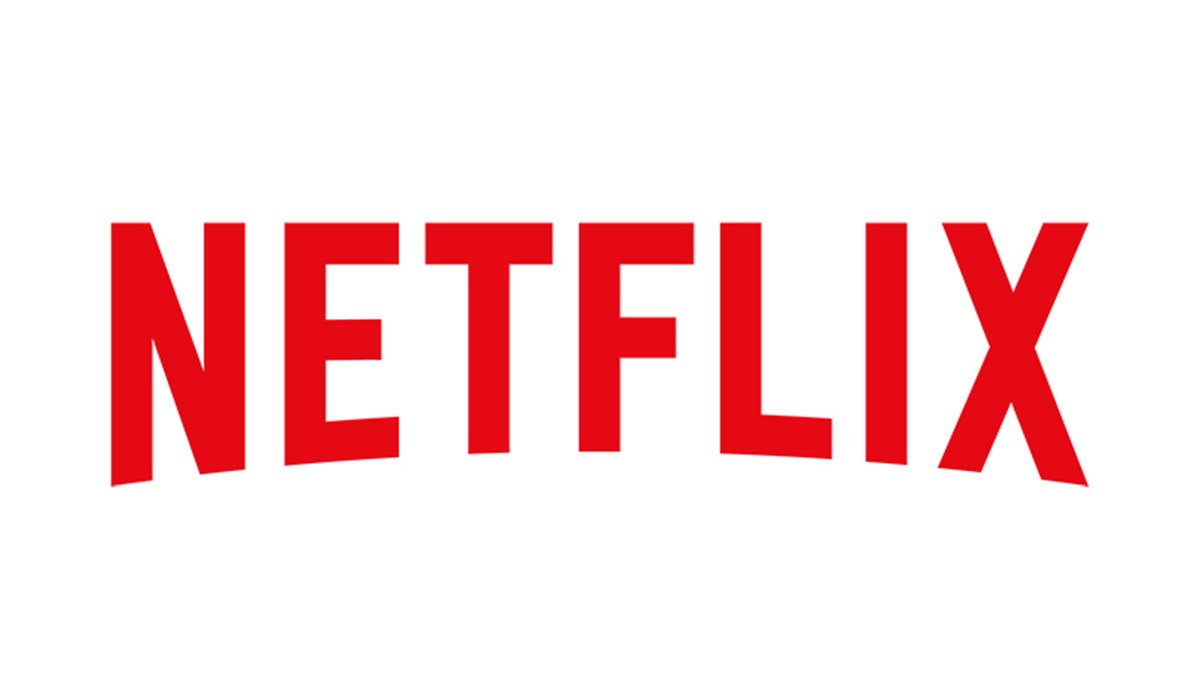
(Credit: Netflix)
August 22 Update: This story was updated per analyst estimations of how much Apple could stand to lose by changing its in-app payment structure.
Apple takes 15 to 30 percent of all payments processed through its iOS apps, and it appears Netflix is tired of sharing that cash. According a new report, the streaming giant has begun testing alternative means of payment processing.
TechCrunch reports that "Netflix is testing how to bypass iTunes," though Netflix itself refers to the process as "testing the iTunes payment method." If pressure forces Apple to change its transaction policies, the company may lose as much as $16 billion, according to a Macquarie Research note seen by Business Insider.
Specifically, Netflix is conducting this experiment in 33 countries, disabling the option to pay through Apple's services for certain "new or lapsed subscribers in selected markets across Europe, Latin America and Asia" until September 30.
More From Tom's Guide
Users who try to sign up through the Netflix app will be pushed to Netflix's website, to enter payment details there. While Apple began its payment-sharing agreement by taking 30 percent of all commissions, it changed the policy in June 2016, to taking a 30 percent cut during the first year with a service, and a 15 percent in subsequent years.
If Netflix's experiment is a success, and the company stops processing subscription payments via Apple, it will join Spotify, which doens't offer in-app subscription payments. The report notes that the experiment will show customers one of two options: "1. Ability to sign up in app with only iTunes Mode Of Payment," and "2. Ability to log into Netflix but not sign up (sign up only via mobile browser)."
The report doesn't cite any specific reason for why Netflix has started testing this now, but with Apple's plans for original video content, Netflix might be seeing the iPhone-maker as a competitor. There's a also chance that companies like Netflix may be looking at Apple's 1.05 trillion dollar market cap, and wondering how much of that stack of cash came out of their sales.




















